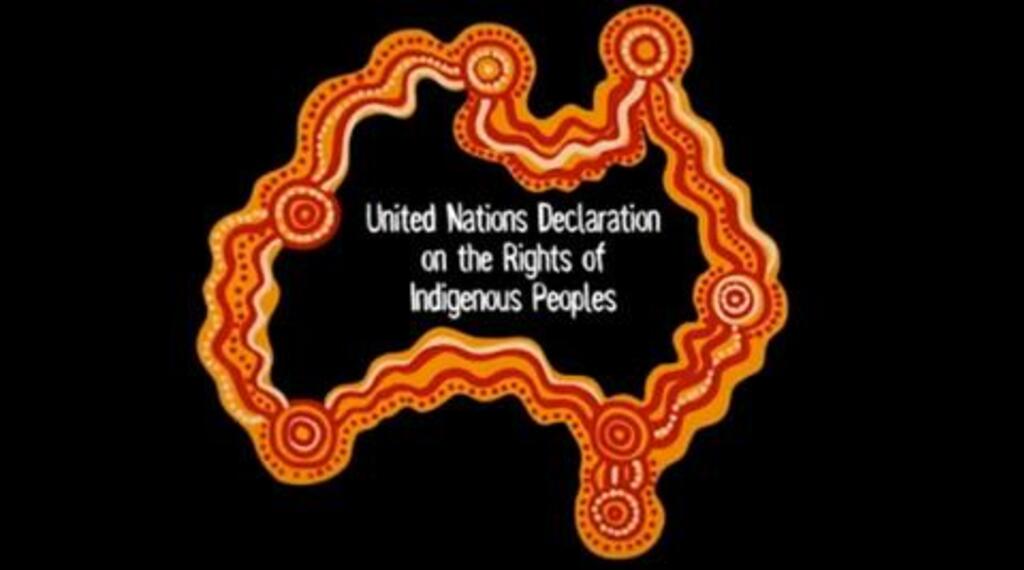-
Par Patty23 le 11 August 2018 à 20:26
Republicans and the bigoted extremists who prop up their Party are at war with the LGBTQ community.
They push in the courts to let businesses refuse to serve LGBTQ customers. They cheer when Trump abuses his power to ban transgender people from the military. And they try as hard as they can to pass legislation at the local, state and national levels that discriminates against LGBTQ people.
Their latest attack is the Aderholt Amendment, which was recently attached to the Labor and Health and Human Services appropriations bill. The amendment would give child welfare providers permission to discriminate against LGBTQ people in adoption and foster care services.1
Under the guise of protecting religious freedom, the Aderholt Amendment would ban federal, state or local agencies from taking any kind of action against a child-welfare organization that uses its "religious beliefs or moral convictions" to refuse to work with or discriminate against LGBTQ people or families — or any other people whose life choices they condemn, including single women, divorced people, and interracial or interfaith couples.2 The amendment isn't just symbolic pandering to the religious right. It would actually let the Department of Health and Human Services take up to 15 percent of a state's foster-care funding if it took action to prevent discrimination in foster care or adoption services.
The Aderholt Amendment, and an identical stand-alone bill introduced last year in both houses of Congress, would disadvantage LGBTQ people seeking to become foster or adoptive parents. It would also have devastating consequences for LGBTQ children or children from LGBTQ families in the foster care system. Aderholt would license, without consequence or accountability, anti-LGBTQ bigotry in the subjective decisions child welfare providers make about when and how to remove a child from their home, the conditions under which parents can reunify with their children and the nature and frequency of support children receive.3
That means an agency could mandate conversion therapy, refuse to provide medical services for a transgender child in transition or place children in settings where their gender identity will not be respected. An agency could refuse on principle to let a child reunify with LGBTQ parents or be placed with LGBTQ relatives.4 Congress should be supporting families, not using bigotry to harm them. Can you add your name today?
Tell Congress: Block anti-LGBTQ bigotry. Click the link below to sign the petition:
https://act.credoaction.com/sign/Block_Aderholt?t=7&akid=29611%2E11004621%2ETOxLVc
Thank you for speaking out,
Heidi Hess, Co-Director, CREDO Action
CREDO Action from Working Assets your comment
your comment
-
-
-
Par Patty23 le 9 August 2018 à 08:40The Declaration on the Rights of Indigenous Peoples (the Declaration) affirms the minimum standards for the survival, dignity, security and well-being of Indigenous peoples worldwide and enshrines Indigenous peoples’ right to be different.The Declaration was adopted by the General Assembly of the United Nations in September 2007. This was the culmination of more than 20 years of negotiation between the Indigenous peoples and governments of the world. The Australian Government announced its support for the Declaration in 2009.
 your comment
your comment
-
Par Patty23 le 9 August 2018 à 08:38
August 9 is commemorated as the International Day of the World’s Indigenous Peoples in recognition of the first meeting of the United Nations Working Group on Indigenous Populations in Geneva in 1982.
Each year this day is celebrated around the world. A commemorative event is also organized at the United Nations Headquarters in New York by the Indigenous Peoples and Development Branch – Secretariat of the Permanent Forum on Indigenous Issues, which brings together indigenous peoples’ organizations, UN agencies, Member States, civil society, academia and the general public.
The observance of the International Day of the World’s Indigenous Peoples will take place on Thursday 9 August 2018 from 3:00 pm to 6:00 pm in the ECOSOC Chamber at the United Nations Headquarters in New York. This year’s theme is “Indigenous peoples’ migration and movement”.
The event will include a panel discussion on the current situation of indigenous territories, the root causes of migration, trans-border movement and displacement, with a specific focus on indigenous peoples living in urban areas and across international borders. The panel will also examine the challenges and ways forward to revitalize indigenous peoples’ identities and encourage the protection of their rights in or outside their traditional territories.
https://www.un.org/…/international-day-of-the-worlds-indige… your comment
your comment
-
-
-
Par Patty23 le 7 August 2018 à 08:17
 your comment
your comment Follow this section's article RSS flux
Follow this section's article RSS flux Follow this section's comments RSS flux
Follow this section's comments RSS flux
Knowledge will give you power, but character respect. Bruce Lee



 Twitter
Twitter del.icio.us
del.icio.us Facebook
Facebook Digg
Digg Technorati
Technorati Yahoo!
Yahoo! Stumbleupon
Stumbleupon Google
Google Blogmarks
Blogmarks Ask
Ask Slashdot
Slashdot











